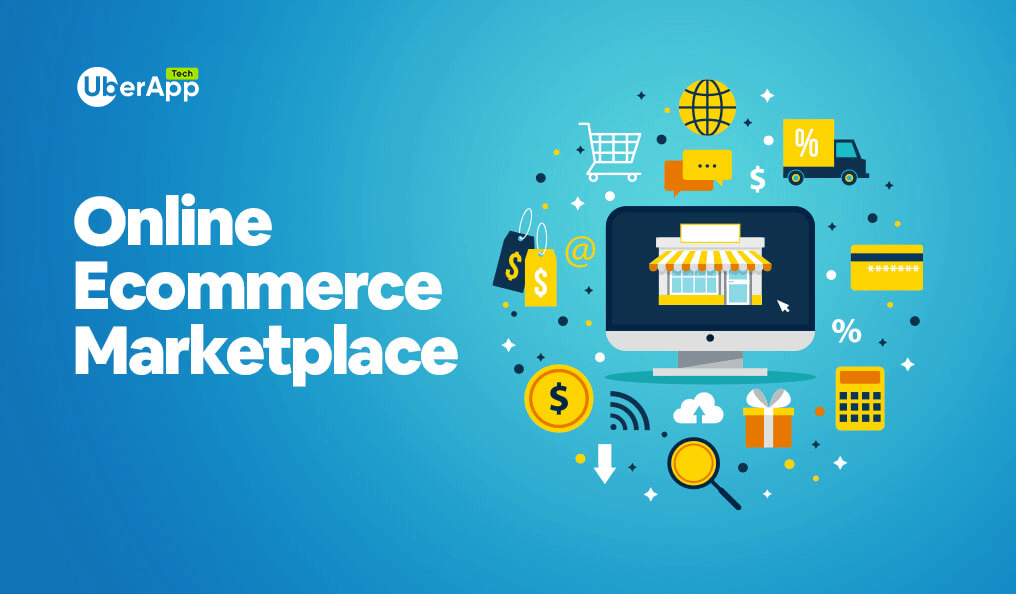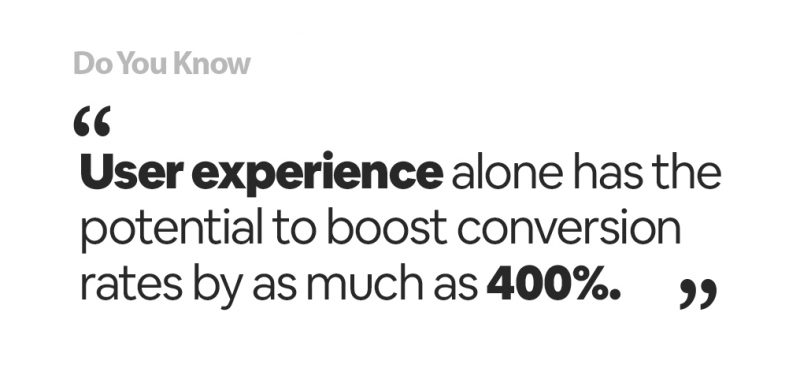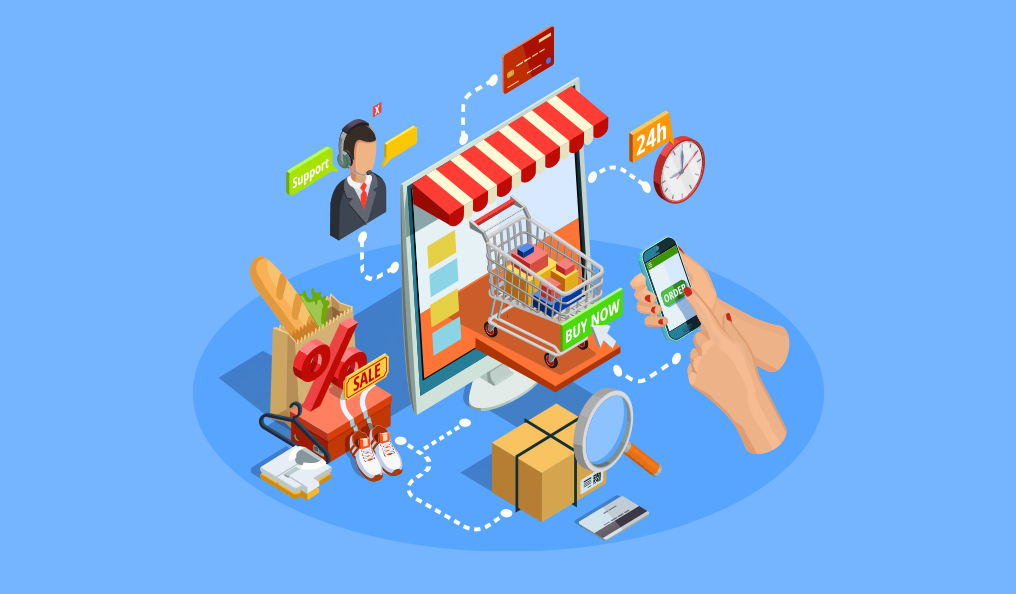
The e-commerce industry has been witnessing a boom worldwide, growing at an unprecedented rate all across the globe. According to a report, in 2019, 14.1% of the total global retail sales were made online. Another interesting finding highlights that marketplaces represent 50% of the total ecommerce sales globally, growing at an annual rate of 35%, compared to about 15% overall for ecommerce.
Interestingly, it has also been found out that 31% of first-time shoppers prefer to buy on online marketplaces. Witnessing such exciting trends and patterns, it is clear that more and more online marketplaces are willing to venture into the once not-so-crowded e-commerce space.
However, the industry is currently brimming with competition, boasting of quite a few successful online ecommerce marketplaces like Amazon, Flipkart, Myntra and many others. Budding entrepreneurs must make a note of the below mentioned points, in order to run a successful online ecommerce marketplace and compete against the existing ones.
A Powerful User Experience
Deliver an experience strong enough to draw the consumer back to your platform and ensure them wanting to stick for long. User experience could certainly act as a key differentiator, and could draw a clear line between your marketplace and the others, thereby leading to conversion of visits into actual sales.

Source: Forbes.com
Thus, it is important to build a robust framework by diving deep into different aspects – create a simple and impactful design, a user-friendly interface and add personalisation to your overall approach. Again, a recent report has revealed that brands who deliver more personalised product recommendations witness their engagement rise by 70%. These recommendations could be made post analysing consumers’ wish-list, past shopping history, search pattern, etc.
Moreover, marketplaces must ensure a seamless product discovery and search experience for their consumers by making their platform easily navigable. Users should be able to search for their required products effortlessly, compare options, and be able to complete their purchase in the shortest period of time. The simplicity and friendliness of the platform should actually entice customers to maintain a long-term relationship with your brand. The e-commerce mammoth, Amazon, for example, has been successful in engaging a diverse target audience for over 25 years due to its amazing search technology and user experience.
Never Compromise On Quality
Create a strong product offering on your marketplace and ensuring supreme quality in all the areas. Maintaining consistent product quality could help you forge better relations with your customers and also drive successful operations of a marketplace. The use of leading technology, up-to-date mobile app, robust delivery framework, etc could draw you closer to achieving your objective.There have been many instances where consumers have gradually moved away from marketplaces, being dissatisfied with the product or the quality of services rendered.
Studies have also revealed that the second biggest reason why a customer ditches any particular brand, after customer experience, is due to dissatisfaction with the product itself. Customer retention, in that case, become a key challenge, which eventually leads to shrinking of the customer base and causes a huge dent on the reputation of the marketplace. Not a very desirable scenario!
Customer Data Matters
Gather all crucial information and data about your customers – their specific tastes, their previous order history, their buying pattern, search pattern, etc. This information could be used to tailor and design unique, personalised shopping experiences for each customer individually. The insights from this data could also be used to design appropriate marketing strategies, and target or re-target consumers in the most effective way. A recent research conducted by McKinsey states that companies that use customer data to inform their practices witness 85% more sales and 25% greater gross margins as compared to those who don’t make use of their data. The data of visitors on your platform could also be used for other influential activities aimed at converting them into customers.
Excellent Customer Service

A great customer service indisputably plays a paramount role in customer retention and loyalty, and could eventually draw some great sales numbers for your business. Of all the e-commerce marketplaces that exist today, the truth is that a large number of them still experience several major issues in their customer service. Caught up with serving a wide customer base, resolving all customer complaints, queries and grievances still remains a key challenge for many of them.
So, here’s where you could differentiate – create an outstanding customer support system, which reaches out to your users and addresses all their concerns in the quickest way possible. Know what your consumers want, collect their feedback on a regular basis and act upon it, offer free shipping for their goods, deliver impromptu gestures to loyal customers like sending greeting cards on their birthdays, etc. Keep improving your customer service with time, and it would certainly pay off!
Keep Innovating
We are in the midst of a rapidly advancing era, where innovation has almost become a daily phenomenon in all types of businesses. With continuous advancements in technology, customer expectations, and industry trends, it is important for marketplaces to stay abreast and keep evolving by speedily responding to the changing trends and technology.
An idea or offering which works pretty well with the consumers today might become obsolete very soon. For example, consumers might stop rejoicing a particular way of delivery, and start to look for better alternatives, which perhaps others in the industry could be offering. In such cases, marketplaces have to be quick enough to introduce such changes in the system well before in order to ensure consumer satisfaction. Ensure newness in the system at all times in order to keep the excitement of the consumers alive and ticking.
Gazing into the future, it would be right to say that online sales, along with online buying, will continue to increase. In 2018, the global e-commerce sales amounted to USD 2.8 trillion, which by 2021 is expected to grow to USD 4.8 trillion. Entrepreneurs who are planning to enter the budding market with their unique marketplace model – the time is now! Get in touch with us; we will help you make the most of it.
September 26, 2022